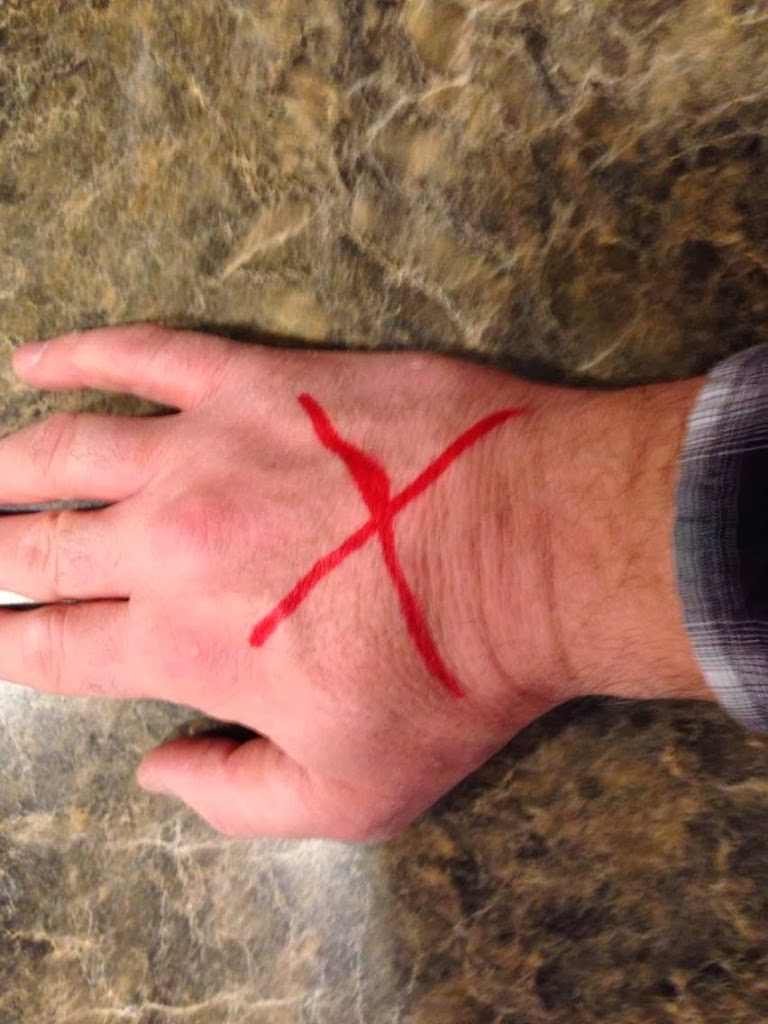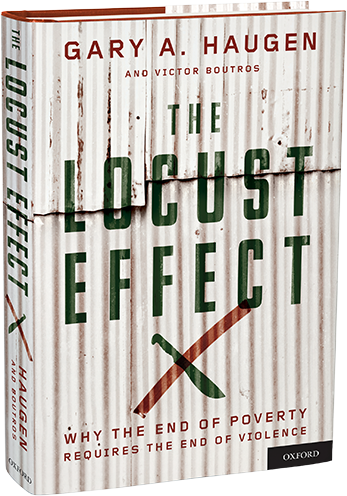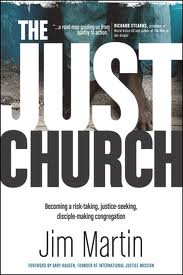
by Jason Joyner | Feb 27, 2014 | 27 million, Blog, Christianity, freedom, human trafficking, slavery, social justice
Today, February 27th, is being used as a day to highlight the scourge of modern day slavery.
Why the 27th?

For starters, best estimates of the number of slaves right now is 27 million.
That is 27 million people that don’t have the freedom to come and go as they please. People that live under fear and coercion, who suffer violence or the threat of violence daily.
They may be child sex slaves in southeast Asia or eastern Europe. It might be a family stuck in bonded labor in India, trapped on a brick kiln. It could even be an immigrant held against their will in the United States.
I’ve long advocated for the fight against modern slavery. It breaks my heart to know that their are people caught in such a horrible web. It hides in the dark, so it takes a lot of people shining the light to help expose it.
Please take a moment today to educate yourself a little on this issue. In my sidebar on the right I have listed several organizations that work in the fight against human trafficking and modern slavery.
Twitter is a great place to find organizations that fight this. Some that I know about are:
@IJM – International Justice Mission
@EndItMovement
@NFS – Not For Sale
@SavingInnocents
@AgapeIntMission – Agape International Missions
@TraffickingEnd
@TheSoldProject
@TheA21Campaign
@ECPAT – ECPAT International
@F2W – Free2Work
@SomalyMam
@Polaris_Project
@Love146
@FreeTheSlaves
@GEMSGirls
@CNNFreedom – CNN Freedom Project
 There are others out there. It only takes a minute to look one up and find out what you can do in daily life to make a difference. If nothing else, put a red “X” on your hand today. When people ask you what it means, tell them you’re shining a light on modern slavery.
There are others out there. It only takes a minute to look one up and find out what you can do in daily life to make a difference. If nothing else, put a red “X” on your hand today. When people ask you what it means, tell them you’re shining a light on modern slavery.
Most of all, pray for the victims. Pray for those on the front lines of the fight. Pray for justice from the God of justice.
We can make a difference!
Let’s do it.
—-

by Jason Joyner | Feb 25, 2014 | Blog, human trafficking, International Justice Mission, slavery, social justice, The Locust Effect
What are you reading?
 My goal for 2014 is to read more non-fiction. I read fiction all the time to study the craft, support friends, and review Christian speculative fiction. I want to balance it out more this year.
My goal for 2014 is to read more non-fiction. I read fiction all the time to study the craft, support friends, and review Christian speculative fiction. I want to balance it out more this year.
My latest book I’m reading is The Locust Effect by Gary Haugen and Victor Boutros.
Imagine living in a world where if something horrible happens to you or a loved one, such as an assault, rape, or other injustice, you have no place to turn for redress. No one to stand up for justice.
That happens too often in the world, and that is the subject of The Locust Effect. Their premise is that without effective justice in the form of appropriate and honest law enforcement and judicial system, the issues of global poverty, human trafficking, and violence will never see resolution.
This Thursday, February 27th, is a day to focus on the scourge of modern slavery. I will be posting in support of his initiative, and if you are interested in the fight against injustice and modern slavery, I believe The Locust Effect will be a key factor in the future battle.
I’ll post more when I’m finished. If you want to know more, go to the Locust Effect website.
—

by Jason Joyner | Oct 8, 2012 | Biblical worldview, Blog, books, IJM, International Justice Mission, Mission Monday, reviews, social justice
He has shown you, O mortal, what is good.
And what does the Lord require of you?
To act justly and to love mercy
and to walk humbly with your God.
The words of the prophet Micah are spoken in churches all over the world. Believers love this simple declarations of what Jesus asks of His people.
Christians try hard to walk humbly with the Lord. We strive to show mercy to people. However, we often ignore or struggle with the clause of “acting justly.” Especially for Western Christians, the command for justice is flat-out missed or simply misunderstood.

There is a new move of the Spirit, awakening His people to the need to provide justice for those who cannot speak up for themselves, to proclaim freedom to the captives, to minister to the widow and orphan. It is a slow burn, but it is exciting to see the embers leaping into flame in various places of the body.
A new spark is being provided by the new book
The Just Church by Jim Martin of the organization
International Justice Mission (IJM).
IJM has been fighting for justice for many years now and is one of the leading organizations battling injustices like forced labor, human trafficking, sexual exploitation of women and children, and modern-day slavery in all its forms.
Jim Martin has been working with them after transitioning out of the pastoral role in his church, becoming a church liason with IJM. This experience made him especially qualified to write The Just Church.
This book is a challenge to the body of Christ to reclaim the lost aspect of Micah 6:8 and to actively act justly in the world. There are other books that try to awaken Christians to the need of justice and to expose the problems of modern slavery and other forms of bondage towards vulnerable peoples that is easy to overlook in our daily lives. The Just Church is a book that takes the church on journey to forming a viable justice ministry to compliment evangelism and mercy ministry.
The book is laid out in three sections. The first section establishes a theory that faith doesn’t really grow without significant risk and suggests that justice ministry is a needed part of the church and can help develop a healthier discipleship in His people. The second section takes the reader through a practical journey on establishing a justice ministry in the local church. It isn’t a step by step approach, allowing for the individual characteristics of any body guide the process. The last part of the book is a series of appendices with Scriptures on justice, resources for following through, and study materials. Each chapter ends with a QR code that can be scanned by a smart phone or tablet, leading to a video with Jim summarizing each chapter’s main point.
It is well-written with an easy conversational style. Jim lays out the challenges inherit in this type of ministry and doesn’t sugar-coat it. It won’t be easy. But he recognizes the hope that is out there for people if Christians will rise up and stand in this gap, so the book is infused with this balance of challenge and hope.
Any critiques are minor. The videos are a very nice multimedia touch in this day and age – but I’m a fast reader so I’d rather not slow down and watch a movie. Those who like this feature will be pleased. Also, sometimes the book seems too much like a selling tool for IJM. I realize Jim works with them and is most familiar with their work, but there are other fine organizations out there doing similar work as well. This isn’t a big issue, and I support IJM financially myself.
Overall I am thrilled to have had a chance to read this book and see the new horizons coming in the fight against injustice. The need is starting to become known in the western Church. The Just Church takes the movement to the next step and provides a practical tool to those churches looking into how they can join in the justice ministry sphere. It isn’t for special groups like IJM or others listed on my links on my blog. The Bible speaks very clearly about God’s love of justice and it is every Christian’s responsibility to see the threefold thrust of Micah 6:8 walked out in the world today.
I’m thankful to Jim Martin and IJM for their work. I did receive a preview copy for promotional purposes, without any expectation of a positive review. My endorsement is heartfelt. The Just Church is a powerful tool in the battle against modern injustice. I highly recommend it.
—
by Jason Joyner | Oct 2, 2012 | Blog, Half The Sky, human trafficking, International Justice Mission, Mission Monday, social justice
Computer problems are not conducive to blogging.
With that out of the way, I wanted to quickly point out a couple of resources for people interested in justice issues and fighting things like human trafficking.
Half The Sky is a two part documentary on the plight of women worldwide, as there are so many instances of oppression on women throughout the world. The documentary shows things like rescuing girls from brothels, providing learning opportunities, and exposing the issues that affect so many women in the world. It is airing on PBS tonight and tomorrow night. It looks to be a powerful way to show the needs of fighting for women without rights or opportunity. Like the title implies, half of the population is treated less than human and is discriminated against in too many ways, especially in the Two-Thirds World.
Next week is the launch of the book The Just Church written by Jim Martin of International Justice Mission. I’m reading it to help promote the launch and it is challenging so far. I’m planning to have a review of it next week.
Two quick items to let people know about. These are major things in the world today. I believe they are very close to God’s heart, even if Half The Sky is a “secular” production.
—
by Jason Joyner | Apr 16, 2012 | Blog, displaced people, International Justice Mission, Mission Monday, social justice
Are you glad you have a home? Are you proud to be an American?
What if that were taken from you?
Did you know that there are people in the world that aren’t refugees that do not hold a citizenship in any country? There are people that haven’t been chased out of one country into another due to war or persecution, but they just aren’t counted.
One situation is in the hill tribes of northern and western Thailand. They are technically eligible for Thai citizenship, but the regulations for getting it are often too cumbersome for rural tribes.
Why does this matter?
It limits these people in getting jobs or accessing services, and it makes them especially vulnerable for human trafficking, from labor-based slavery to sex slavery. They are not protected by laws that are otherwise designed to be a resource for workers. They can’t even own the land they live on.
The good point is that organizations like International Justice Mission are working with these tribal groups to facilitate registration and walk them through the confusing processes that are in place currently. By being an advocate, they do prevention work to keep these people from being so vulnerable for abuse.
These things happens nowadays. Thankfully there are many groups working to help this problem. Sometimes we can make a difference before the problem of trafficking actually happens, and working with vulnerable peoples and lifting them up economincally and providing avenues for justice will be the ways we eventually end the problem of modern day slavery.
—
by Jason Joyner | Apr 16, 2012 | Blog, displaced people, International Justice Mission, Mission Monday, social justice
Are you glad you have a home? Are you proud to be an American?
What if that were taken from you?
Did you know that there are people in the world that aren’t refugees that do not hold a citizenship in any country? There are people that haven’t been chased out of one country into another due to war or persecution, but they just aren’t counted.
One situation is in the hill tribes of northern and western Thailand. They are technically eligible for Thai citizenship, but the regulations for getting it are often too cumbersome for rural tribes.
Why does this matter?
It limits these people in getting jobs or accessing services, and it makes them especially vulnerable for human trafficking, from labor-based slavery to sex slavery. They are not protected by laws that are otherwise designed to be a resource for workers. They can’t even own the land they live on.
The good point is that organizations like International Justice Mission are working with these tribal groups to facilitate registration and walk them through the confusing processes that are in place currently. By being an advocate, they do prevention work to keep these people from being so vulnerable for abuse.
These things happens nowadays. Thankfully there are many groups working to help this problem. Sometimes we can make a difference before the problem of trafficking actually happens, and working with vulnerable peoples and lifting them up economincally and providing avenues for justice will be the ways we eventually end the problem of modern day slavery.
—


 There are others out there. It only takes a minute to look one up and find out what you can do in daily life to make a difference. If nothing else, put a red “X” on your hand today. When people ask you what it means, tell them you’re shining a light on modern slavery.
There are others out there. It only takes a minute to look one up and find out what you can do in daily life to make a difference. If nothing else, put a red “X” on your hand today. When people ask you what it means, tell them you’re shining a light on modern slavery.
